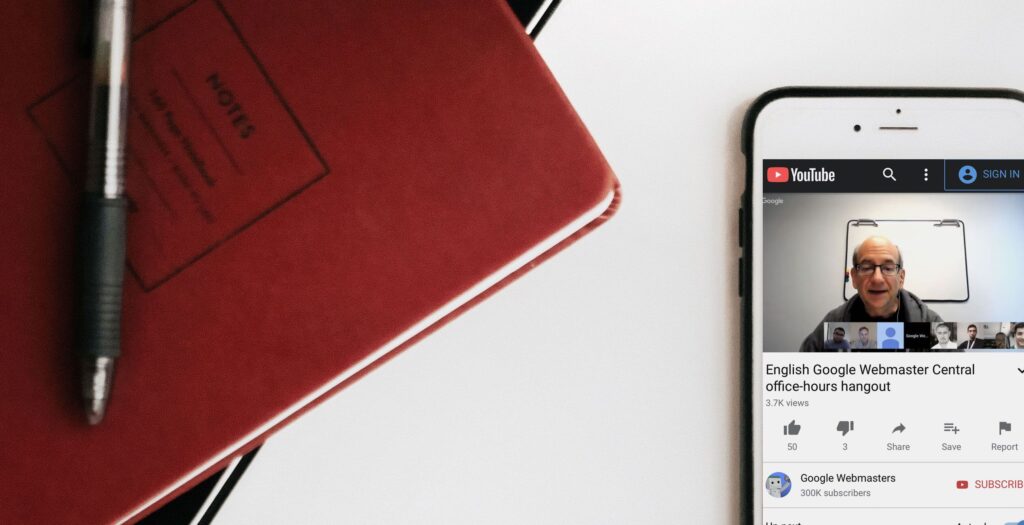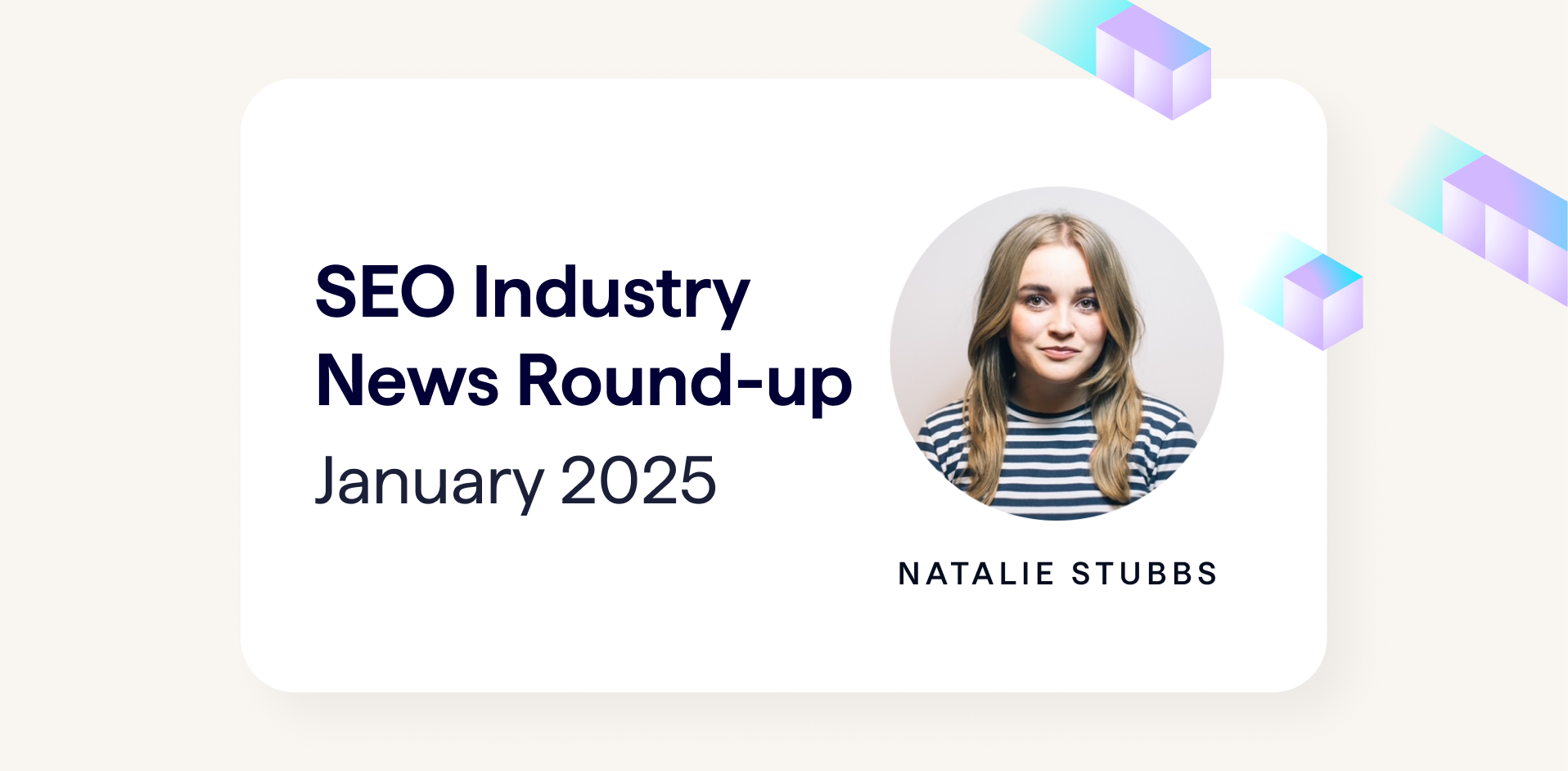Notes from the Google Webmaster Hangout on the 10th of March, 2017.
Add Hreflang Links On and To Canonical URLs Only
Hreflang links should point to canonical URLs only, and only be placed on canonical URLs, as canonialised URLs won’t be indexed or crawled often enough to notice the connection between the canonial URL and those specified in the hreflang tags.
Hreflang Data in Sitemaps May be Shown as ‘No Return’ Error Until the URLs are Recrawled
Until pages have been recrawled, you might see hreflang ‘no return hreflang’ errors in search console for hreflang data added to a Sitemap.
Identical Last Modified Dates in Sitemaps for All Pages Will be Ignored
If all the last modified dates in Sitemaps are identical, Google will assume they are incorrect.
Dynamic Mobile Pages Take Precedence over Responsive
If you have a user-agent vary header, and return a different page for a mobile user agent, Google will use that as the mobile page instead of the responsive page.
Google Automatically Chooses a Preferred Domain Based on Multiple Signals
Google uses many factors to determine the canonical domain including redirects, canonicals, internal links, sitemaps and backlinks, so choosing a preferred domain in Search Console is not critical.
Hreflang Swaps URLs in Results but Doesn’t Affect Rankings
Hreflang doesn’t affect rankings, it affects which URL Google shows in search results, which is the one which Google thinks is most appropriate.
AMP Pages Should Include the Full Content of the Equivalent Normal Page
AMP pages with a snippet of content from the normal page would be problematic. They should include the same content on both versions.
Google Assigns a Primary Language for Pages with Multiple Languages
Google assigns a primary language to a page, and a page is less likely to appear for searches for content in secondary languages.
Googlebot Might Use Cookies When Required
Google tries to crawl in a stateless way, but on rare occasions Google might use a cookie if the content doesn’t work without it.



